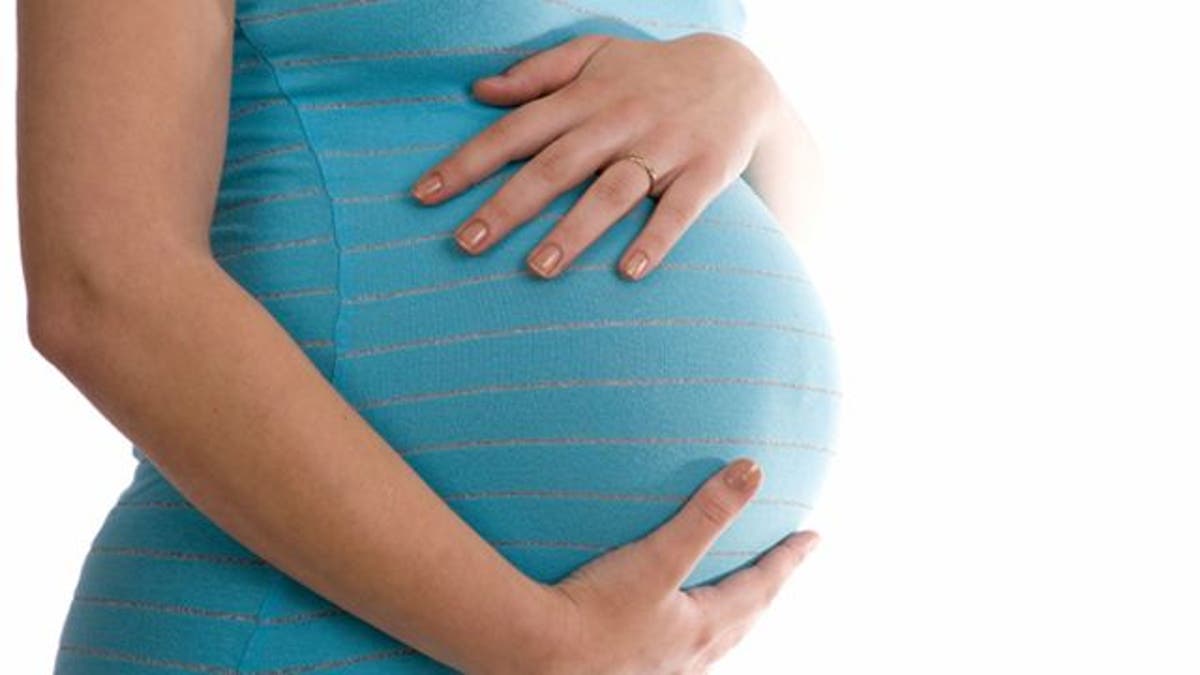
Women who take anti-depressants known as selective serotonin reuptake inhibitors (SSRIs) during pregnancy may be at an increased risk of having a child with autism spectrum disorder (ASD), Counsel & Heal reported.
In a new study published in Pediatrics, researchers analyzed 966 mother and child pairs to better understand how SSRIs affect pregnancy outcomes. Of the children studied, 800 were boys and all had an average age of four.
Approximately 500 children were diagnosed with ASD, 154 had some form of developmental delay and 320 had undergone typical development so far. The researchers examined the SSRIs the children’s mothers took during pregnancy – including Celexa, Lezapro, Paxil, Prozac and Zoloft.
Overall, the children whose mothers took SSRIs during pregnancy had a much higher incidence of autism, compared to the children whose mothers didn’t take anti-depressants. In the ASD group, 5.9 percent of the children had been exposed to SSRIs during pregnancy, compared to 5.2 percent of the children in the developmental delay group. In the control group, only 3.4 percent of the children had been exposed.
Given their findings, the researchers hope pregnant women will consult with their doctors first before taking anti-depressants during pregnancy.
"It's a complex decision whether to treat or not treat depression with medications during pregnancy," said study co-author Li-Ching Lee, an associate scientist in the department of epidemiology at Johns Hopkins Bloomberg School of Public Health, in Baltimore, MD. "There are so many factors to consider. We didn't intend for our study to be used as a basis for clinical treatment decisions. Women should talk with their doctors about SSRI treatments."
